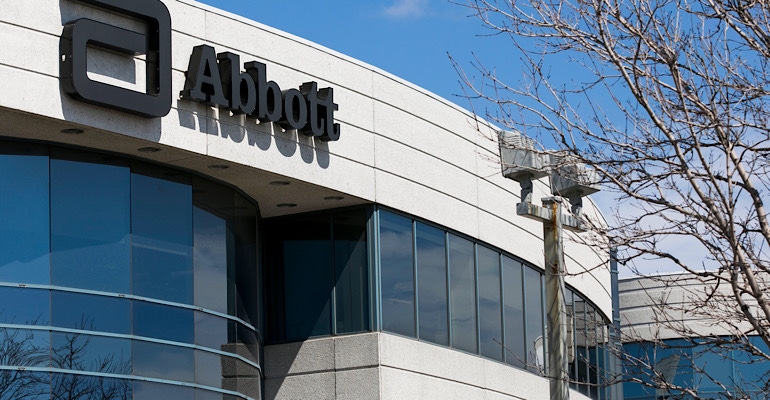The Abbott Park, IL-based company has won FDA approval for Proclaim Plus SCS featuring the FlexBurst360 therapy.
August 24, 2022

Abbott Laboratories has won FDA approval for a spinal cord stimulation system positioned to treat pain more effectively. The Abbott Park, IL-based company said the nod was for its Proclaim Plus SCS featuring the FlexBurst360 therapy.
With the new therapy, the device offers pain coverage for up to six areas of the trunk and/or limbs. The device enables programming that can be adjusted as a person's therapeutic needs evolve.
Designed to fit within a person's life, the Proclaim Plus SCS system is recharge-free with a battery that can last up to 10 years. It can be used with Abbott's NeuroSphere Virtual Clinic connected care technology, which allows a person to both communicate with a physician through secure in-app video chat and remotely receive stimulation settings in real time regardless of location.
"Spinal cord stimulation has provided tremendous relief for patients suffering from chronic pain. With its ability to mimic natural patterns found in the brain, the Abbott BurstDR platform has been a game-changer in this space, helping to not only improve a patient's ability to perform everyday activities but also relieve the emotional suffering that pain can cause," said Steven Falowski, MD, Argires Marotti Neurosurgical Associates of Lancaster, Lancaster, PA. "However, despite the many benefits of BurstDR, such as being effective as a low-energy stimulation therapy, some patients continue to be burdened by pain because of multiple painful areas and evolving pain over time. Now, with Proclaim Plus and FlexBurst360, an already established platform has been improved to treat more patients who suffer from pain across different body parts and changing pain over time."
About the Author(s)
You May Also Like




